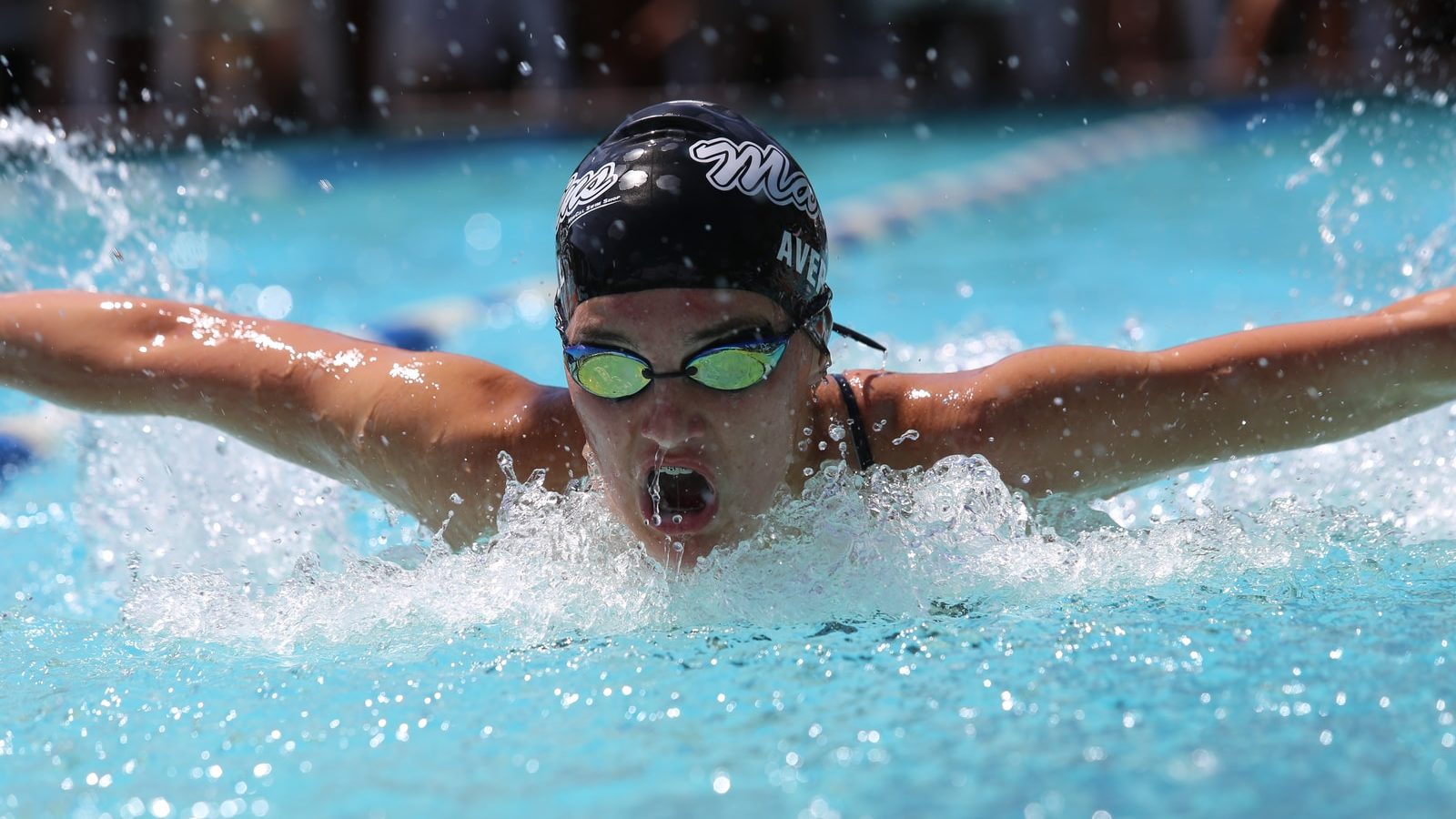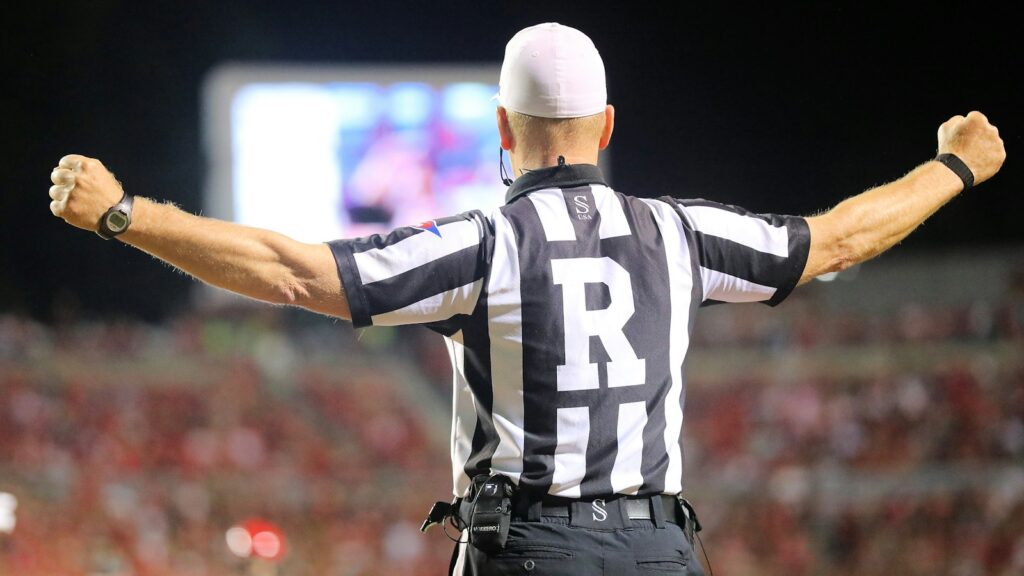The NCAA Board of Governors on Jan. 19 declined to make a definitive statement on collegiate transgender athletes, instead leaving their status up to each sport’s governing body.
The new sport-by-sport approach is effective immediately with the start of winter sports championships. It comes as a transgender college swimmer at the University of Pennsylvania is shattering women’s records after competing three years as a man.
Georgetown University President John DeGioia, chair of the NCAA panel, said the policy is an attempt by the committee to provide “an inclusive, fair, safe and respectful environment” for NCAA member schools, conferences and college athletes.
A statement issued by the NCAA said transgender athletes’ participation for each sport will be determined by the policy set by the sport’s governing body, subject to ongoing review and recommendation by the NCAA Committee on Competitive Safeguards and Medical Aspects of Sports.
If there is no national governing board policy for a sport, that sport’s international federation policy would be followed. If there is no international federation policy, previously established IOC policy criteria would be followed.
“The new policy guidelines from the NCAA set a dangerous precedent and sow confusion about the fundamental realities of what it means to be created male or female,” Thacker said. “Aside from what will be conflicting and highly controversial standards across collegiate sports, the NCAA’s approach fails to address the actual issue at stake and harms all athletes — particularly women who will be unfairly competing against biological males. Treatments and therapies cannot alter the unchanging fact of being created male or female in the image of God.”
Sports groups speak out
At least two groups, the American Swimming Coaches Association and the Women’s Sports Policy Working Group, issued statements ahead of the NCAA meeting encouraging the NCAA and other sports governing bodies to review and update their rules about the participation of transgender student-athletes in order to “maintain fair competition in the women’s category of swimming.”
In its statement, ASCA affirmed a commitment to diversity but said cisgender females, by definition those who have a gender that corresponds to their sex assigned at birth, “have a right to a category of competition that is fair and meaningful. … The current NCAA policy regarding when transgender females can compete in the women’s category can be unfair to cisgender females and needs to be reviewed and changed in a transparent manner.”
The Women’s Sports Policy Working Group endorsed the ASCA position and asked the NCAA to revise its transgender eligibility guidelines in order to “ensure that the eligibility rules are evidence-based and do not undermine the fairness, equality and safety goals that justify separate sex competition.”
“Women’s sports are separate from men’s because of the physical, sex-linked differences between males as a group and females as a group,” the WSPWG statement said. “There is no alternative, defensible, non-sex linked rationale for separate sex sport. Recognizing, respecting and accommodating categorical sex-linked differences ensures that sport meets its social justice obligations to both female and transgender athletes, enables fair and safe competitive sport and secures the integrity and viability of female sport.”
Members of the WSPWG include former Olympic medalists Donna de Varona and Nancy Hogshead-Makar and former tennis player Martina Navratilova, who has long advocated for LGBTQ rights.
Caitlyn Jenner, who was born male and won the men’s decathlon event at the 1976 Summer Olympics in Montreal as Bruce Jenner, also expressed disappointment in the decision and denounced the NCAA. Jenner told Fox News the organization “kicked the can down the road, and it’s unfortunate.”
“Look at how hard women have fought over the last 30-40 years … for equality and pay and getting women into sports,” Jenner said, noting there were only a handful of active transgender athletes. “Why do we want to ruin sports for just a couple of people? … No. 1 it has to be fair to women’s sports.”
Legal groups respond
Following the NCAA statement, the Independent Women’s Law Center and Independent Women’s Forum condemned the policy.
“The NCAA’s decision to endorse the participation of biological men in women’s sports, while making each sporting body decide the particular rules for participation, is a colossal act of cowardice. Make no mistake, by asking female athletes to step aside to make room for biological males, the NCAA discriminates against women,” IWLC director Jennifer C. Braceras said in a Jan. 20 statement.
IWF and IWLC senior policy analyst Inez Stepman added: “Allowing biological males to compete in women’s events not only reduces opportunities for females, it undermines the entire rationale behind single-sex competition. It’s time for athletic governing bodies to stand up for women’s sports.”
The IWLC and IWF said they conducted a report in the summer that said hormone therapy didn’t “eliminate the male athletic advantage” and alleged the policy violates Title IX protections.






Share with others: